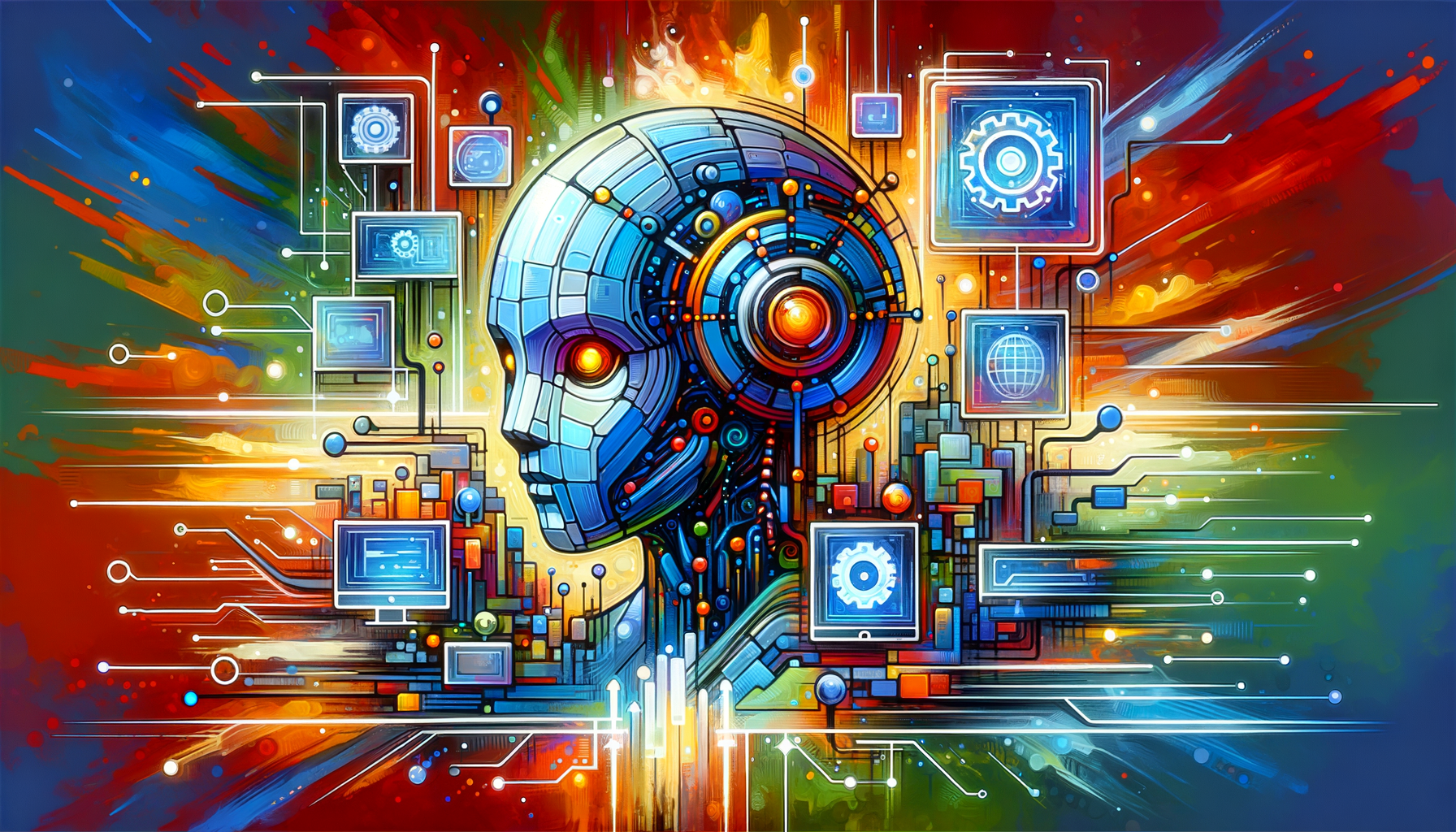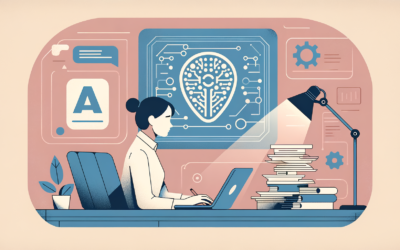How Companies Can Establish Trust in AI to Revolutionize Enterprise Systems and Stay Ahead in the Digital Race
The race to adopt AI technologies is accelerating, and enterprises are pushing boundaries to integrate AI into their systems. However, trust has emerged as the cornerstone of successful AI implementation. Without trust, even the most advanced AI systems risk failure and user alienation. As businesses strive to stay competitive, they must prioritize trust alongside innovation, ensuring that AI systems are transparent, reliable, and aligned with ethical standards.
📜 Topics included in this post
- Understanding the pivotal role of trust in AI adoption.
- How AI is reshaping enterprise systems and driving innovation.
- Strategies to foster trust in AI-enabled systems.
- The importance of transparency and accountability in AI.
- Future trends and predictions for AI in enterprise systems.
Access the full article by clicking the button below...
The Pivotal Role of Trust in AI Adoption
As artificial intelligence becomes increasingly central to enterprise operations, companies are under pressure to integrate advanced AI systems into their workflows. The challenge, however, extends beyond technical implementation—it hinges on building trust. According to Accenture’s Technology Vision report, 69% of executives recognize the urgency of reinventing enterprise systems through AI, yet more than three-quarters believe its true benefits will only be realized when these systems are built on a foundation of trust.
What Trust in AI Means for Enterprises
Trust in AI is multifaceted. It involves transparency, accuracy, and ethical use of technology. Customers and employees need confidence that AI systems are consistent, provide accurate information, and operate responsibly. For example, a customer interacting with an AI chatbot should feel informed about the bot’s nature and capabilities rather than misled. Similarly, employees should trust that AI-driven systems assist their tasks effectively without hidden risks.
AI's Growing Autonomy and the Need for Responsible Guardrails
Accenture draws a comparison between trusting AI systems and parenting. Just as parents establish boundaries to guide their children as they grow, enterprises must define clear guardrails for AI systems. These rules ensure AI operates within ethical and practical boundaries, fostering trust through responsible behavior. Transparency, such as revealing the origins of AI-generated content or clarifying the role of AI in customer interactions, further strengthens this trust.
Industry-Specific Challenges in Building Trust
The approach to building AI trust varies across industries. A retail business might emphasize transparency in AI-driven customer service, while a manufacturing firm could prioritize the accuracy of autonomous supply chain systems. Trust is a dynamic, context-dependent quality that requires continuous adaptation to meet unique organizational needs.
Looking Ahead: Predictions for AI in Enterprise Systems
The future of AI is filled with transformative potential. Accenture predicts that by 2030, AI agents will dominate enterprise digital systems, while autonomous supply chain management systems will become commonplace in Fortune 500 companies. By 2035, humanoid robots may alleviate global labor shortages. These advancements underline the necessity of building trust now to ensure smooth transitions and sustainable growth.
Addressing Cybersecurity and Evolving Threats
As AI adoption grows, so does the threat landscape. Cybersecurity challenges demand proactive measures to safeguard AI systems. Experts, like Sam Rubin from Unit 42, highlight the need for vigilance and strategic planning to protect AI systems from evolving threats. Building trust in AI also involves ensuring its security and resilience against malicious actors.
Why Trust is the Ultimate Differentiator
In the competitive landscape of AI integration, trust is not just an advantage—it’s essential. Enterprises that fail to prioritize trust risk falling behind, especially as AI becomes more autonomous. By aligning technology strategies with trust-building initiatives, companies can secure their place in the AI-driven future.
Final Thoughts
The journey to AI integration is as much about fostering human connection as it is about technological innovation. As companies embrace AI, prioritizing trust will ensure long-term success, empowering both employees and customers to navigate the AI era with confidence.
3 AI business ideas related to this topic
|
Check out 3 interesting AI business ideas to make money with it.
|
A Conspiratorial Analysis of AI 🕵️
|
Discover a crazy conspiracy theory created by AI on this topic.
|
Learn more about this subject with the in-depth prompt
|
Use AI to learn more about the topic? Just copy and paste the prompt below into ChatGPT or another AI of your choice.
|
3 AI Jokes about this topic 🤣
|
Time to laugh! Check out below 3 bad jokes that AI created about this topic.
|
Below are some AI images on this topic that were automatically created by Roblogger.












0 Comments